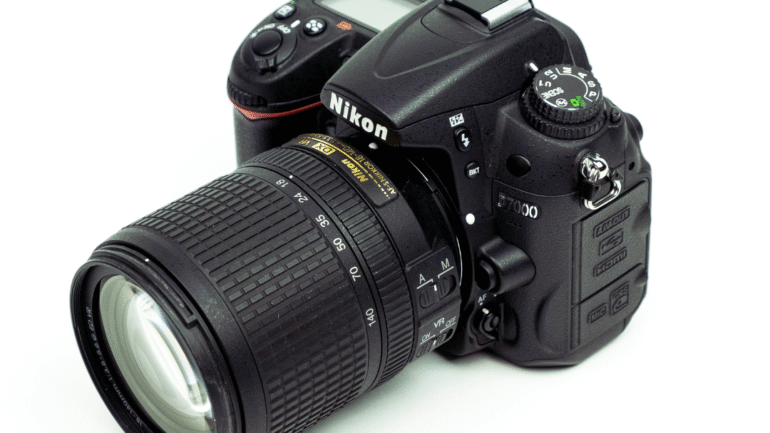Patients who have impaired vision due to age, injury, or disease may be fitted for prosthetic eyes. These are artificial eyes that can replace the natural eye and help restore vision. Prosthetic eyes are medical devices that restore vision to people with impaired vision.
What Is a Prosthetic Eye?
The prosthetic eye (also known as a prosthetic eye socket) is a medical device that simulates the feeling of vision. For some people, a prosthetic eye socket may be a temporary solution, such as when an injury to the eye or socket occurs. For other patients, it may be a permanent solution to replace an eye that has been removed as a result of disease or injury.
If you’re considering getting a prosthetic eye, it’s a good idea to do further research before making the final decision. If you’re an adult that’s lost an eye in an accident, the first thing you should do is seek medical attention. Once your doctor confirms that you’re healthy enough to consider getting a prosthetic eye, you’ll want to explore the options you have.
Losing an eye is a traumatic experience. Not only are you in pain, you often are dealing with mental trauma as well. However, losing a limb doesn’t only impact you; it also affects everyone around you. Due to more technology, replacing an amputated limb is easier than ever. But the decision to get a prosthetic eye is not one to take lightly. Many factors need to be considered, including cost, type of eye (if you are getting an eye implant), and pain management. We’ve compiled a list of questions you should ask before getting a prosthetic eye to make the decision easier.
How Long Does It Take a Prosthetic Eye to Settle?
Transforming your body doesn’t always have to mean plastic surgery. If you’ve been thinking about getting a new eye or eyelid, then prosthetic or artificial eyes may be the perfect solution for you. There are several different options for prosthetic eyes and eyelids, including the scleral shell eye, which is made to look like a natural eyeball. This is made of a clear shell attached to the white of your eye, so it’s discreet and more natural-looking. The other type, the partial or full shell eye, is similar to a scleral shell eye but is instead made out of a plastic or glass eye, making it more durable but less lifelike.
Alternatively, for patients whose eyes are structurally intact but who seek a subtle, natural-looking crease rather than an artificial eye, minimally invasive eyelid techniques can be an appropriate option. One commonly used approach is the non-incisional double eyelid procedure, which creates a crease through tiny punctures using a double‑knot suture method—this typically yields minimal scarring and a faster recovery. Reported long-term rates of crease loosening are very low, making it a durable choice for many seeking modest eyelid refinement. For a clear overview of the technique and what to expect, you can learn about the non-incisional double eyelid procedure online.
After being fitted for an artificial eye, you should start experiencing an improvement in vision after only a day or two. As your eyes start to get used to the new eye, you may notice a slight imbalance between sight and depth perception. Your new eyes take around 4 days to adjust to the new environment.
When you get a prosthetic eye, you expect it to be a comfortable and acceptable replacement for your healthy eye. After years of using an artificial eye, you expect it to be much more natural. Unfortunately, many people find that their prosthetic eye feels foreign and unnatural. It can itch, hurt, and even be painful. In some instances, the eye can even cause vision problems.
A prosthetic eye is necessary when a patient’s eye is removed through trauma or surgery. Once the eye is removed, it is critical that the patient receives immediate medical attention to ensure the eye is not damaged. Once the patient is stabilized, the patient will be fitted with a prosthesis.
Can You Still See with a Prosthetic Eye?
If you’re one of a growing number of people who’ve lost an eye or suffered vision loss, you may have considered having a prosthetic eye. These eyes can help you regain your sense of vision, and while the way they look on the outside is important, what’s most important is how your eyes work on the inside.
Losing an eye is a life-changing experience. While it’s never easy, some don the prosthetic eye and successfully resume their normal life. However, some loss of vision isn’t temporary — others have to wear prosthetic eyes for life.
Can You Blink with a Prosthetic Eye?
Some people might think that you can blink with a prosthetic eye. When this eye is put in place, it’s like a contact—you can’t blink normally. The eye itself, including the eyelid, is separate from the socket and locked into place. Since you can’t blink normally, your eye stays moist and lubricated so that you won’t be rubbing it during blinking. In addition, you won’t need to blink as often with the prosthetic eye so it won’t dry out as fast. But, yes, you can blink.
A prosthetic eye or eye implant can be life-changing for those who have a partial or complete loss of vision, and vision replacement technology has advanced significantly in recent years. Prosthetic eye technology today offers more natural-looking results than ever before. There are options now available that do not require surgery for those who cannot tolerate traditional prosthetic eyes due to claustrophobia.





